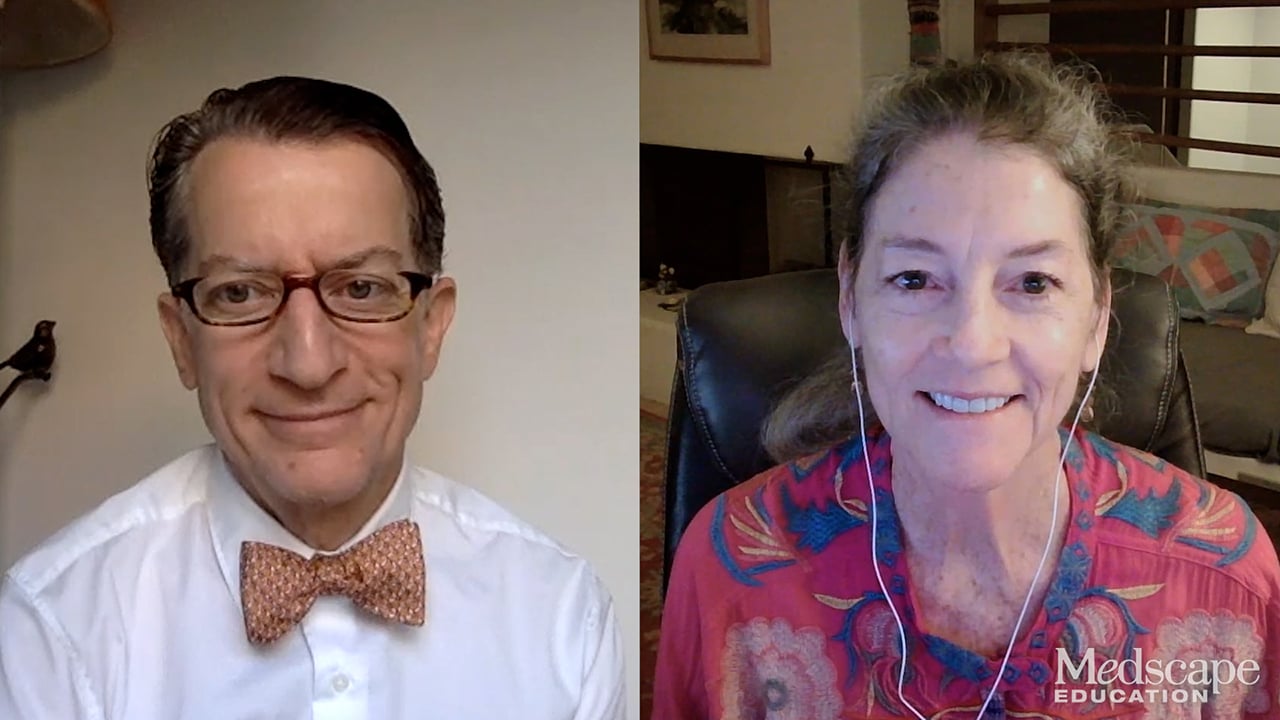Conference MDAngle offers personal perspectives from conference attendees, showcasing their anticipation, quick takeaways, and insights into how the presented research will affect their patients.
The 2024 American Society of Clinical Oncology (ASCO) Annual Meeting took place from May 31 to June 4 in Chicago, Illinois, and featured significant updates in chronic myeloid leukemia (CML) research. The OPTIC study unveiled 4-year results on ponatinib's efficacy and safety in CML patients with the T315I mutation. Asciminib studies, including pediatric analysis and cardiovascular complications, offered insights into safer treatment options. Additionally, a new dasatinib formulation's compatibility with proton pump inhibitors and the ASC4FIRST trial comparing asciminib with other tyrosine kinase inhibitors in frontline therapy brought new perspectives on CML treatment strategies.

Jorge E. Cortes, MD
Director, Georgia Cancer Center, Augusta, Georgia
Preconference Considerations
ASCO 2024: Potential New Paradigms in CML Treatment
Dr Cortes offers a preview of developments in CML research at ASCO 2024. He highlights updates from the OPTIC trial, particularly its 4-year results on ponatinib, and shares his anticipation for findings from the ASC4FIRST trial and the potential frontline role of asciminib in CML therapy.
Quick Clinical Takeaways
ASCO 2024: Key Takeaways on Therapeutic Advancements in CML
Dr Cortes highlights the ASC4FIRST study phase 3 results that showed that treatment with asciminib significantly improved major molecular response at 48 weeks with a favorable safety profile. He also emphasizes the need for longer follow-up and notes that the OPTIC study showed that starting ponatinib at 45 mg improved response rates and safety in patients with the T315I mutation. The BYOND study on bosutinib also demonstrated promising response rates in later therapy lines.
How Will My Patients Benefit?
ASCO 2024: Clinical Implications of New CML Data
Dr Cortes reflects on ASCO 2024 and considers the impact that new CML data will have on his patients. Highlighting the new data on asciminib, Dr Cortes mentions that clinicians potentially will have five different TKIs to consider, enhancing treatment flexibility. He also notes that these results emphasize the growing importance of achieving deeper molecular responses and enabling treatment discontinuation.
Polling Question
Summary
The latest CML research developments from ASCO 2024 included the 4-year results from the OPTIC study on ponatinib and the phase 3 results from the ASC4FIRST trial, where asciminib significantly improved major molecular response at 48 weeks with a favorable safety profile. The BYOND study also showed promising response rates for bosutinib in later therapy lines. Reflecting on the conference, Dr Cortes notes that starting ponatinib at 45 mg improved response rates and safety in patients with a T315I mutation. He believes that these findings enhance CML treatment flexibility with five TKI options, and sees asciminib as particularly promising for achieving deeper molecular responses and reducing toxicity, especially for frail patients.
Resources:
Medscape © 2024 WebMD, LLC
Any views expressed above are the author's own and do not necessarily reflect the views of WebMD or Medscape.
Cite this: Conference MDAngle: ASCO 2024Chronic Myeloid Leukemia - Medscape - May 23, 2024.











Comments